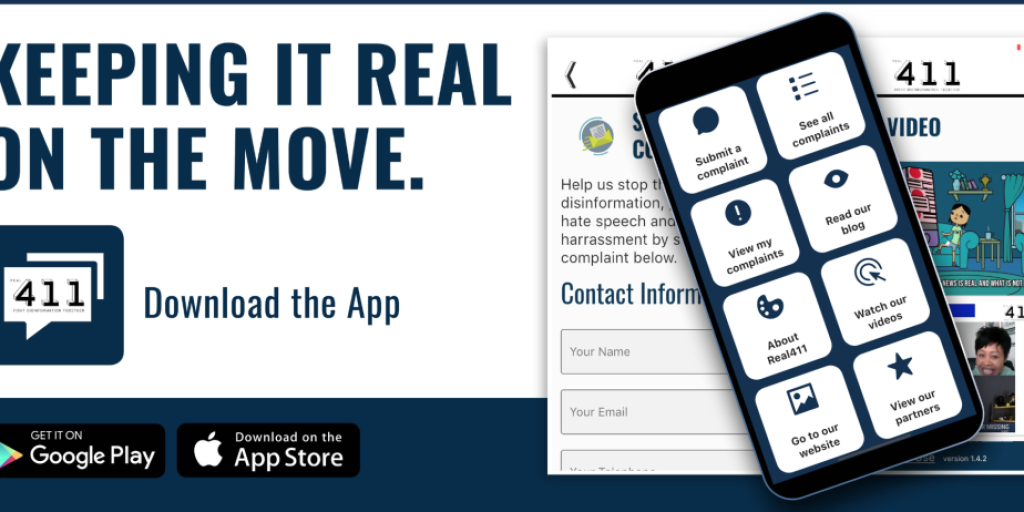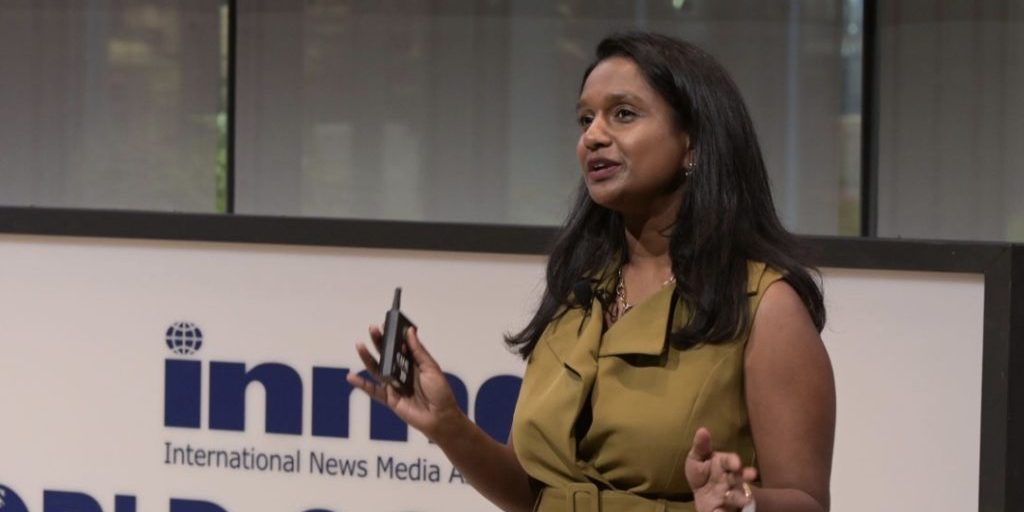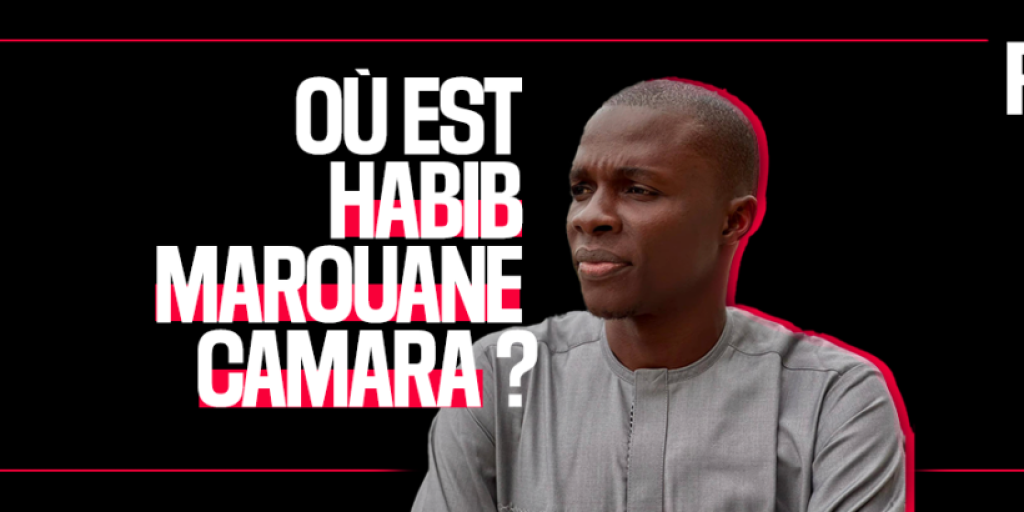Electoral Commission partners with social media giants to combat disinformation in 2024 elections
The Electoral Commission (IEC) has once again partnered with social media giants Google, Meta and TikTok, and non-profit organisation Media Monitoring Africa (MMA) to curb disinformation ahead of South Africa’s 2024 national and provincial elections.
Today, in a crucial step towards safeguarding the integrity of information and preserving the fundamentals of our electoral processes, the parties signed a Framework of Cooperation to work together to combat disinformation and other digital harms. Although the Commission worked with platforms in the last two general elections, it is the first time that a Framework of Co-operation is signed.
The bourgeoning use of digital media in recent years has seen a corresponding surge in digital disinformation, particularly on social media platforms. Electoral processes have not been spared. Left unchecked, this phenomenon stands to undermine the conduct of credible elections.
Disinformation is defined as false, inaccurate or misleading information designed to intentionally cause harm. Within an election context this includes false information intended to unduly affect participation in and the outcome of elections.
Electoral Commission Chairperson Mosotho Moepya says the framework is important because disinformation poses a threat to the exercise of various rights and to the access of constitutional protections, including freedom of expression, access to credible information, and the freedom to make informed political choices
The dissemination of disinformation has huge potential to undermine the fairness and credibility of elections. Credible information is the lifeblood of all democracies. Trustworthy information is crucial in the process that enables citizens to choose their leaders,’ says Moepya.
The salient points of the Framework include the following:
• It establishes co-operation during the election period in good faith;
• It is a collaborative framework that respects existing laws and does not require sharing confidential user data;
• It aligns with the Constitution, the Electoral Act and the Electoral Code of Conduct;
• It supports the establishment of a Working Group between partners, promotes access to accurate information, conduct of awareness campaigns on elections and provides training to political parties, election candidates and other key election stakeholders on addressing disinformation;
• It allows online platforms to implement policies and processes such as content removal, advisory warnings, and delisting to address disinformation, and
• It enables signatories to cooperate with the IEC and MMA in initiatives including Real411.org (a complaints platform) and PADRE.org.za (a transparent repository of political advertisements) to combat disinformation.
William Bird, MMA Africa Director, explains how the Real411 platform works: ‘Real411 takes proactive measures against disinformation.’
‘Upon careful review of any reported complaint indicating disinformation or misinformation, the Commission promptly notifies the relevant online platform. The platform is expected to acknowledge and swiftly process the notification, ensuring a diligent response.’
The social media platforms will bolster resources to prioritise referrals from the Commission during the election period. Actions taken by the platforms are in terms of their policies and may include the removal of the content, the publication of an advisory warning and/or the delisting of the post.
The Real411 digital disinformation reporting platform will form part of the work of the IEC’s Directorate of Electoral Offences, which was first established ahead of the 2016 Municipal Elections to investigate alleged breaches of the Code of Conduct and prohibited conduct as contained in the Electoral Act.
The Commission’s Directorate, comprised of independent attorneys, operates throughout the term of the election timetable. It investigates complaints and provides recommendations for possible further action.
Real411 complaints about disinformation will be considered by a panel of relevant experts including those with expertise in media law, social and digital media. They will make recommendations for possible further action for the consideration of the Commission.
Such action could include:
• Referring the matter to the Electoral Court;
• Referring the matter to social media platforms to act upon in terms of their respective policies and undertakings, and
• Issuing media statements to alert the public and correct the disinformation.
The initiative will also include information to help educate voters about the dangers of disinformation and how to spot it.
The social media partners applauded the framework and reiterated their commitment to cooperate with the IEC in this initiative. The partners stressed that they have policies and mechanisms in place to counter disinformation, and would continue to use these as contribution to the collective effort to eradicate falsehoods
Abongile Mashile, Senior Manager: Government Affairs and Public Policy at Google Southern Africa, says, ‘Google has always been committed to supporting democratic processes, including supporting elections integrity and ensuring trust among voters’.
‘We place a big focus on creating products and programmes that enable people across the globe to engage with these activities through information that is accurate, protecting elections and campaigns from bad actors, as well as assisting campaigns in managing their digital presence.’
‘Protecting the integrity of the 2024 elections in South Africa is a key priority for our company. As our platforms continue to play an important role in civic discussions around the world, including here in South Africa, we know we have an important responsibility,’ says Balkissa Idé Siddo, Public Policy Director for Africa at Meta.
‘Using lessons from the past, and input from a range of experts, including dedicated and local teams within Meta, we continue to make substantial investments to help take aggressive steps in fighting abuse across our platforms, while rolling out policies and products to help ensure a safe and secure general election.
‘We welcome the opportunity to collaborate with the South African Electoral Commission,’ she adds.
‘At TikTok, we take the responsibility to protect our community as well as the integrity of our platform – particularly around elections – with the utmost seriousness.
‘We’re proud to be a place that brings people together over creative and entertaining content, and we work hard to keep harmful misinformation and other violations of our policies off our platform,’ says Fortune Mgwili-Sibanda, Public Policy and Government Relations Director at TikTok.
- Issued by the Electoral Commission. For media queries please contact Kate Bapela on 082 600 6386




